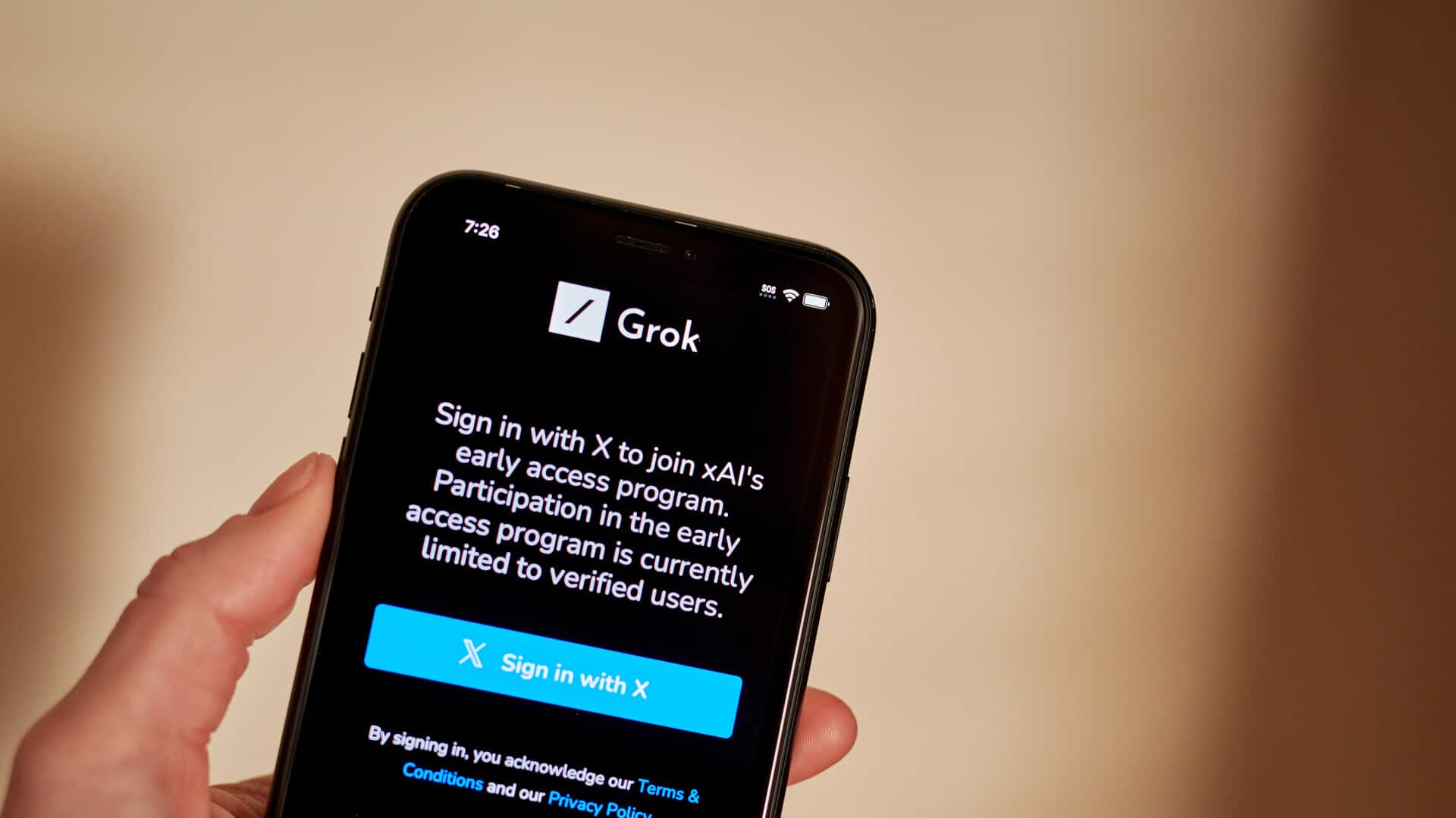
xAI's Grok model can now generate pictures on X
What's the story
Elon Musk's firm, xAI, has unveiled its latest artificial intelligence (AI) models, Grok-2 and Grok-2 mini. The beta versions of these models are now accessible exclusively to Premium and Premium+ users on the X social network. According to an official blog post by the company, these new models mark a significant upgrade over their predecessor, the Grok-1.5, and can now generate images on X.
Enhanced features
Grok-2 models: A leap in AI capabilities
The new Grok-2 models are touted as a substantial improvement over the previous version, offering enhanced chat, coding, and reasoning abilities. The company's blog post stated, "We are excited to release an early preview of Grok-2, a significant step forward from our previous model Grok-1.5." It also introduced the compact yet powerful Grok-2 mini as the smaller counterpart of the primary model.
Potential misuse
Image generation feature raises concerns
A standout feature of the new models is their ability to generate images on X. Initial user-generated images indicate no restrictions on creating pictures of political figures, raising concerns about potential misuse of this technology. This issue is particularly relevant with the upcoming US presidential election. It remains uncertain whether xAI will impose limitations on these features due to potential backlash.
Twitter Post
Users are already having fun
Grok 2.0 .... Ohh boyyyy 😆😆😆 pic.twitter.com/TjzB7WMhVp
— Benjamin De Kraker 🏴☠️ (@BenjaminDEKR) August 14, 2024
Future integration
xAI to integrate Grok-2 models into X's features
xAI has plans to incorporate the Grok-2 and Grok-2 mini models into AI-driven features on X. These include enhanced search capabilities, post analytics, and reply functions. The integration could potentially introduce AI-powered replies on X. Also, xAI aims to launch a preview of multimodal understanding, as a core part of Grok's experience on X and API.
Misinformation risks
Grok-2's image generation feature under scrutiny
Concerns have been raised about the potential misuse of Grok's image generation feature. It is currently unclear whether images created by Grok contain any metadata indicating they are AI-generated. xAI has been questioned about its plans to limit image generation for harmful purposes by TechCrunch but has not yet responded.